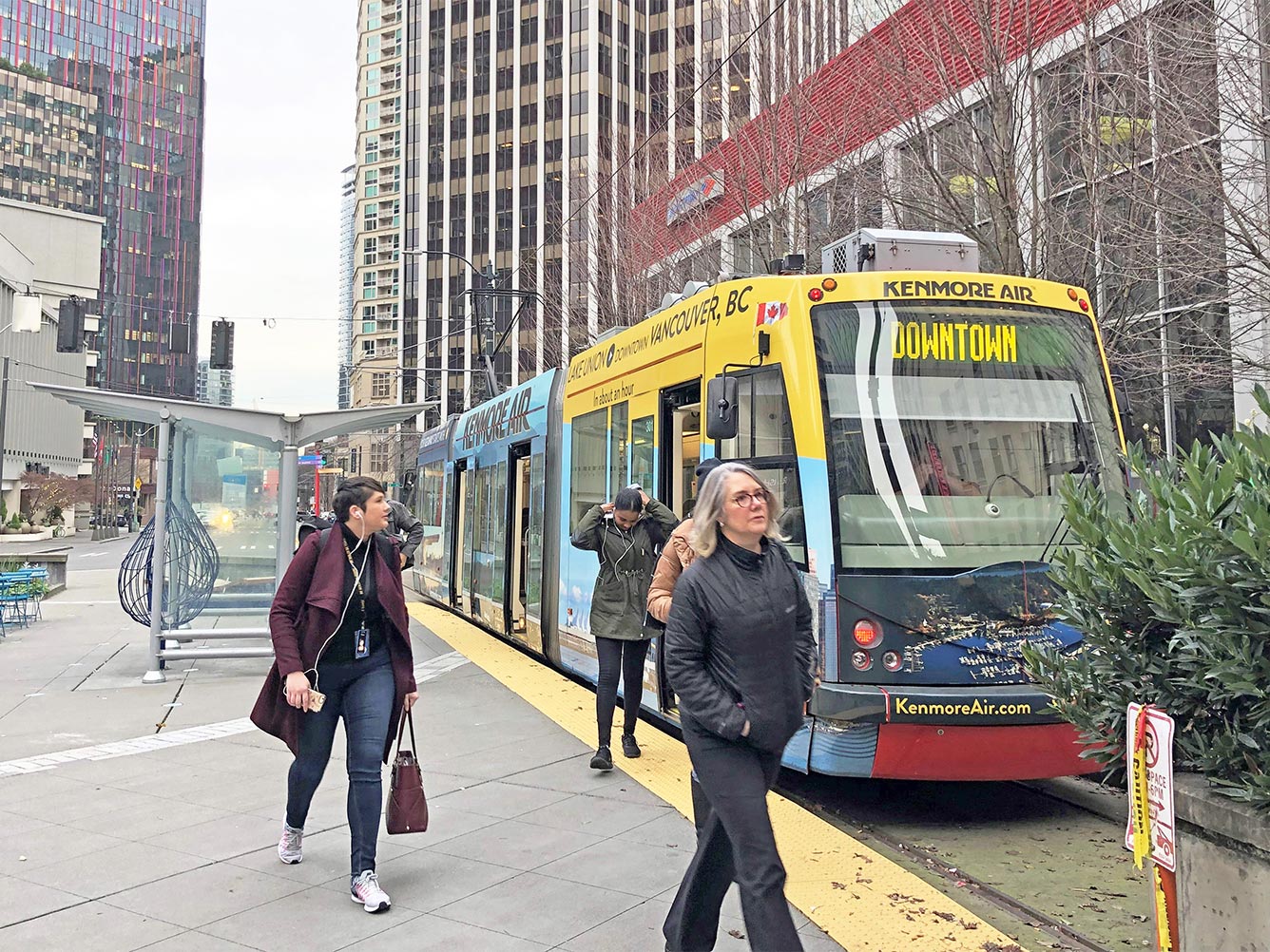News
Council Budget Reflects DSA Priorities
Posted on

Last month the City Council approved the 2020 budget and will now recess before reconvening in the new year. While much of the budget doesn’t change year over year, there are some new investments that reflect DSA’s advocacy efforts around public safety and transportation.
Notably, the Law Enforcement Assisted Diversion (LEAD) program saw a sizeable and much-needed increase in funding to expand case management, treatment and diversion services for people experiencing behavioral health challenges on the streets of Seattle. The LEAD program began in Belltown nearly a decade ago and has grown to serve neighborhoods across the city. DSA believes an expanded LEAD program can address some of the issues raised in our recent prolific offenders reports (System Failure and System Failure Part 2. )
To address continued issues with police capacity, the budget includes funding for retention strategies for SPD and an extension of this year’s police emphasis patrols in downtown and several neighborhoods.
Additionally, the budget includes recommendations made by the mayor’s High Barrier Individual Task Force that would provide enhanced shelter on demand. Under this pilot program between the city and the county, the county will create a 60-bed, 24/7 enhanced shelter that will provide on-demand behavioral health, supportive housing, and case-management services on the second floor of the King County Correctional Facility west wing.
The City Council also funded an expansion of the Medic One van program that offers a specialized response for low-acuity 911 calls, as well as additional medical staff to reduce the amount of times police and fire must be pulled off other calls requiring a specialized response.
Perhaps even more notable in the budget was the funding of the Center City Connector streetcar. With this capital funding, Seattle is poised to receive $75 million in federal grants to support the project. The Seattle funding comes from a new Transportation Network Company (TNC) tax on Uber and Lyft rides that will fund streetcar construction and other mobility projects in the future. This type of dedicated local funding for transportation is critical as we continue to deal with the potential fallout of Initiative 976.
At the state level, Governor Jay Inslee earmarked more than $300m over the next three years in the state’s budget to address homelessness. The governor’s investments will come from the state’s emergency reserve and be used for enhanced shelters, permanent supportive housing, hygiene facilities, local clean-ups and other assistance programs. Making these investments on a city, regional and statewide level is vital to gaining traction on the homelessness crisis.